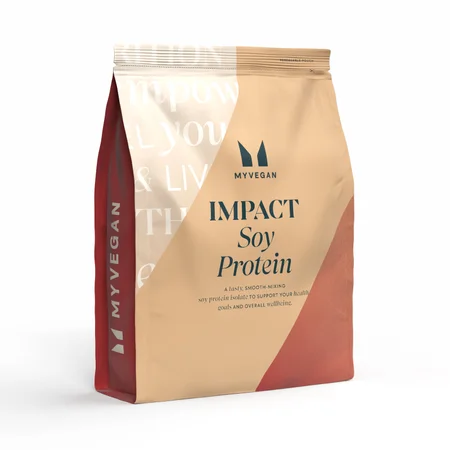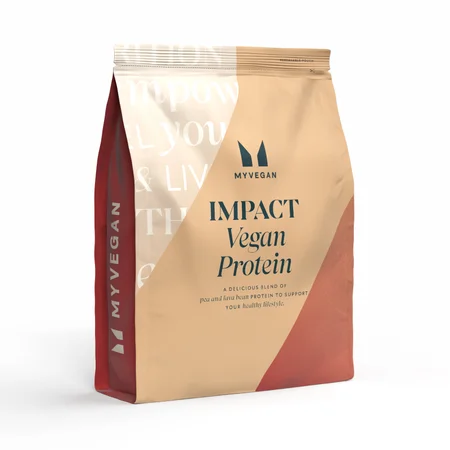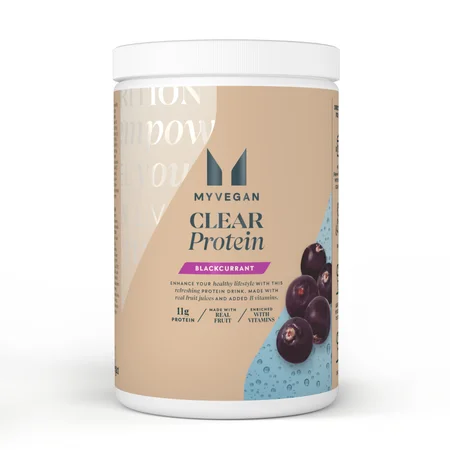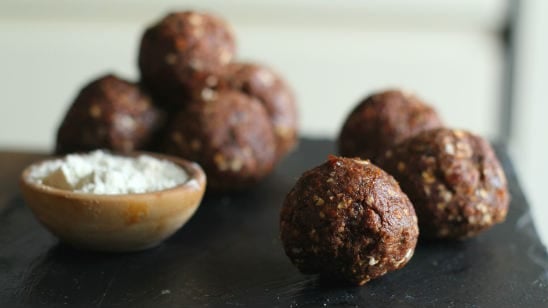What Is The Whole-Food Plant-Based Diet? Benefits, Foods & Meal Plan
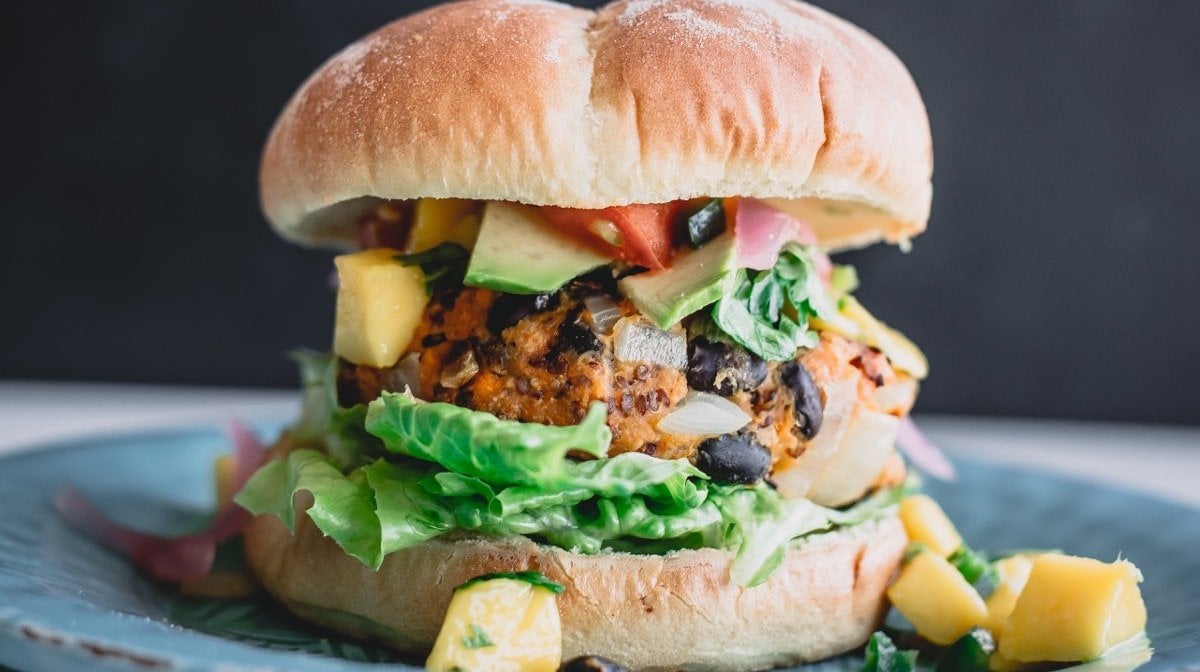
- What is the whole-food plant-based diet?
- Whole-food plant-based diet benefits
- Foods for the whole-food plant-based diet
- Foods to avoid on the whole-food plant-based diet
- Whole-food plant-based meal plan

What is the whole-food plant-based diet?
Unlike many other diets, the whole-food plant-based diet is not overly complicated and doesn’t require tons of planning or calculating macros or calories – it just focuses on the quality of the foods you’re choosing, making it more of a lifestyle. While not incredibly restrictive, there are still some basic rules to follow when adhering to this style of eating plan:
Mostly whole and minimally processed foods Primarily made up of plant-based choices – whole grains, fruits, vegetables, beans, nuts and seeds Usually avoids all animal-based products – no dairy, fish, eggs, meat, etc. Avoids white sugars, processed/refined flour and other grains Focuses on high quality, locally sourced, or organic choices when possible
Because the whole-food plant-based diet is more of a lifestyle, it’s not necessarily vegan or vegetarian in nature; however, a plant-based diet usually comes primarily from plant sources with limited animal products (or none at all).
Whole-food plant-based diet benefits
Can be effective for weight loss
Can be effective for maintaining weight loss
Participants in the same study either lost more weight or kept their weight down at the 6- and 12-month marks, which isn’t very common in weight loss studies that follow a specific diet for a short period of time.
Can support heart health
Researchers have repeatedly shown that whole-food plant-based diets can help to improve cholesterol numbers and heart health overall.
May slow the aging process
Newer research is investigating the way that the high antioxidant content of whole-food plant-based diets can help to support skin and brain health as we age.
More environmentally friendly
Choosing to follow a whole-food plant based-diet, especially if you can focus on local and organic foods, can help to reduce waste and the impact of food processing on the environment.
Foods for the whole-food plant-based diet
Following a whole-food plant-based diet does not need to feel restrictive. Check out the example options from each food group below (this list is NOT inclusive of all of the foods included in the whole-food plant-based diet)
Whole grains
Whole wheat, brown rice, quinoa, farro, oats, barley
Fruits
Berries, citrus, apples, pears, bananas, peaches, pineapple, kiwi, melon, etc.
Vegetables
Leafy greens (kale, spinach), cruciferous veggies (Brussels sprouts, broccoli, cauliflower), peppers, onions, carrots, etc.
Starches
Potatoes (white, red, yellow, sweet), squash
Fats
Avocado, olive oil, coconut, sunflower seed oil, etc.
Legumes
Black beans, chickpeas, lentils, kidney beans, navy beans, soy beans
Nuts, seeds, nut butters
Almonds and almond butter, chia seeds, sunflower seeds and sunflower seed butter, peanut butter, tahini (sesame seed butter), etc.
Beverages
Coffee, tea, water, juice, plant-based milks Animal products (if choosing) - Organic / local eggs, free range meats, poultry, dairy; wild caught or sustainably farmed fish

10 High-Protein Vegan Breakfast Recipes To Actually Keep You Full
Get your day off to the best start with these plant-powered recipes.
Foods to avoid for the whole-food plant-based diet
White (refined) grains: bread, pasta, rice, baked goods Packaged and convenience foods: frozen meals, fast food, processed snack foods Processed meats and chicken products Sweetened drinks (and artificial sweeteners)
Whole-food plant-based diet meal plan
| Breakfast | Avocado toast (sprouted whole grain) with sliced tomato, salt & pepper, fresh juice | Brown rice bowl with beans, roasted vegetables, kale, tahini dressing, apple slices | Lentil chili |
| Lunch | Oatmeal with berries and almond butter | Salad greens with edamame, dried berries, avocado, chickpeas, olive oil & vinegar | Spaghetti squash with marinara sauce and roasted vegetables |
| Dinner | Smoothie with frozen banana, spinach, peanut butter, plant-based milk | Vegetable soup with brown rice and oranges | Roasted chickpea stuffed sweet potato, kale sauteed in garlic, lemon juice and olive oil |
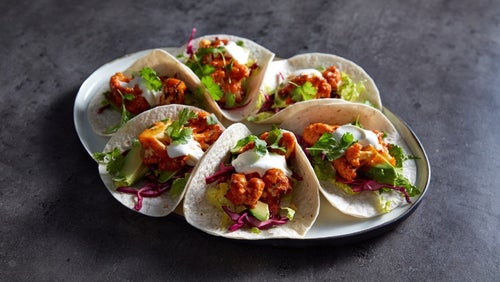
5 Easy Vegan Meals For Beginners On A Budget | From 70p
Going plant-based has never been simpler.
Take home message
READ THESE NEXT:

Claire is a Registered Dietitian through the Academy of Nutrition and Dietetics and a board-certified Health and Wellness Coach through the International Consortium for Health and Wellness Coaching. She has a Bachelor of Science in Biology and a Master’s degree in Clinical Dietetics and Nutrition from the University of Pittsburgh.
Talking and writing about food and fitness is at the heart of Claire’s ethos as she loves to use her experience to help others meet their health and wellness goals.
Claire is also a certified indoor cycling instructor and loves the mental and physical boost she gets from regular runs and yoga classes. When she’s not keeping fit herself, she’s cheering on her hometown’s sports teams in Pittsburgh, or cooking for her family in the kitchen.
Find out more about Claire’s experience here.
- Greger, M. (2020). Awhole food plant-based diet is effective for weight loss: The evidence. American Journal of Lifestyle Medicine, 14(5), 500-510.
- Allen, K. E., Gumber, D., &Ostfeld, R. J. (2019). Heart failure and a plant-based diet. A case-report and literature review. Frontiers in nutrition, 6, 82.
- McMacken, M., & Shah, S. (2017). A plant-based diet for the prevention and treatment of type 2 diabetes. Journal of geriatric cardiology: JGC, 14(5), 342.
- Kahleova, H., Levin, S., & Barnard, N. D. (2020). Plant-Based Diets for Healthy Aging. J. Am. Coll.Nutr, 9, 1-2.
- Sadhukhan, J., Dugmore, T. I., Matharu, A., Martinez-Hernandez, E., Aburto, J., Rahman, P. K., & Lynch, J. (2020). Perspectives on “game changer” global challenges for sustainable 21st century: plant-based diet, unavoidable food waste biorefining, and circular economy. Sustainability, 12(5), 1976.
